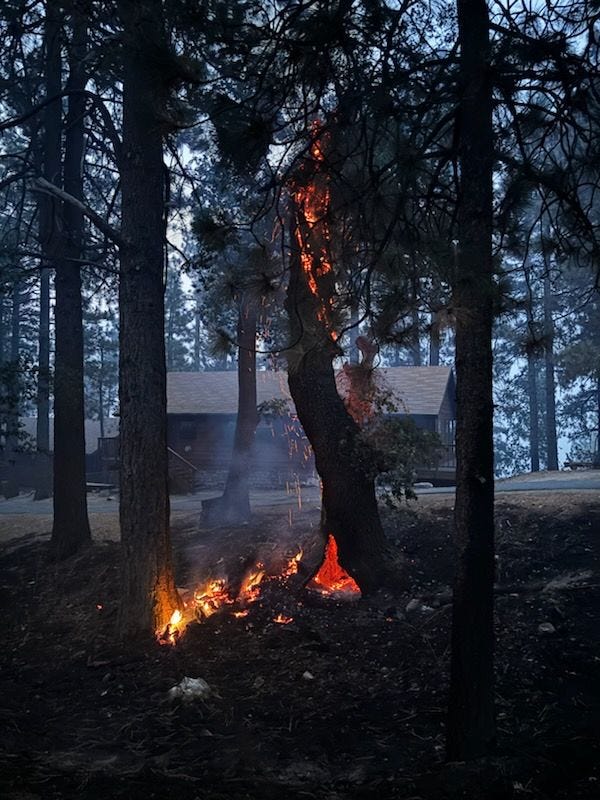The knobcone is a small pine tree, 10 to 30 feet tall, with yellow-green needles in groups of threes. It grows in the poorest of soils, up to 7,000 feet elevation, and reseeds only after a fire.
Knobcone bark and needles are tough and fibrous and hard to digest, and its cones …
Keep reading with a 7-day free trial
Subscribe to Forager Field Notes to keep reading this post and get 7 days of free access to the full post archives.





